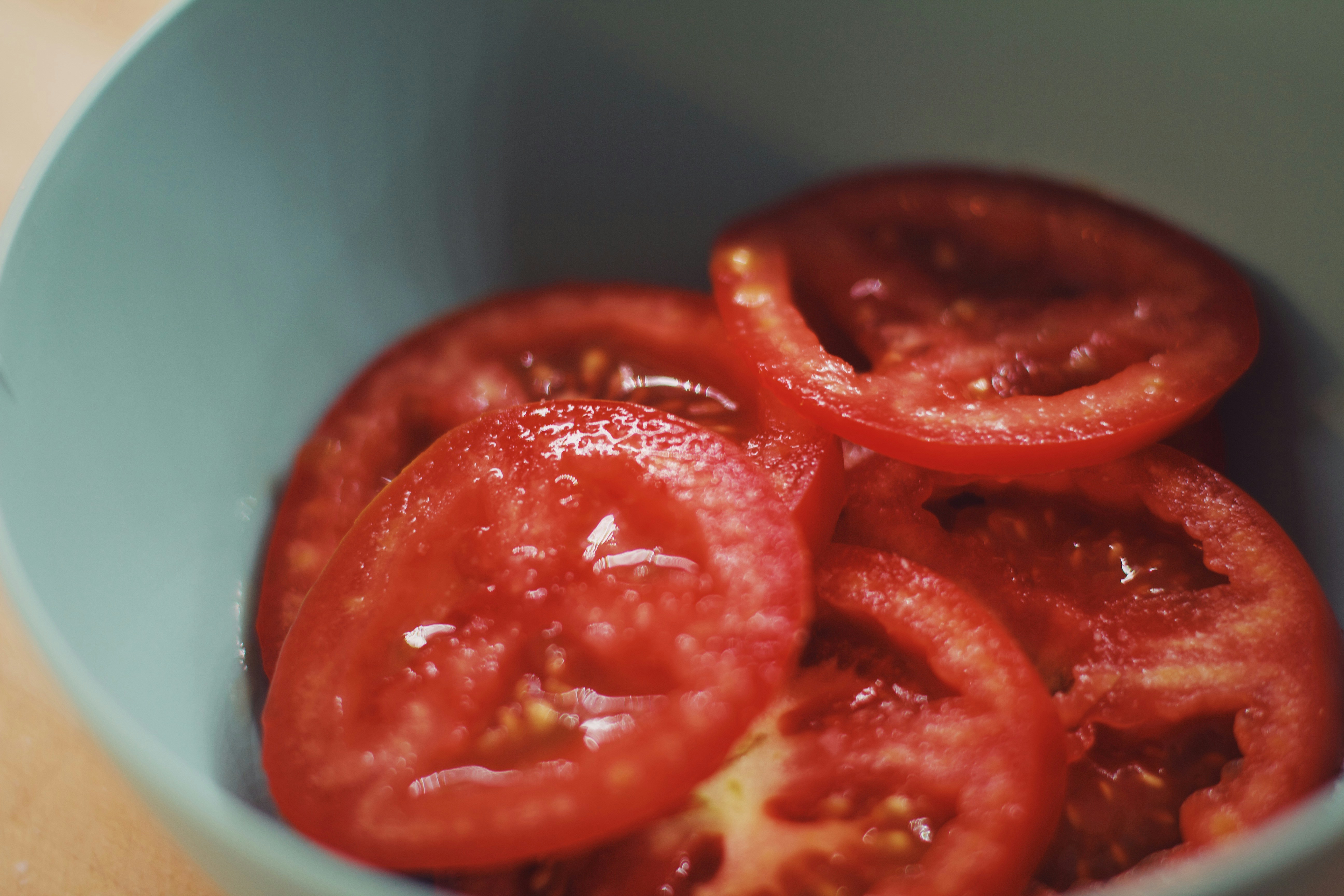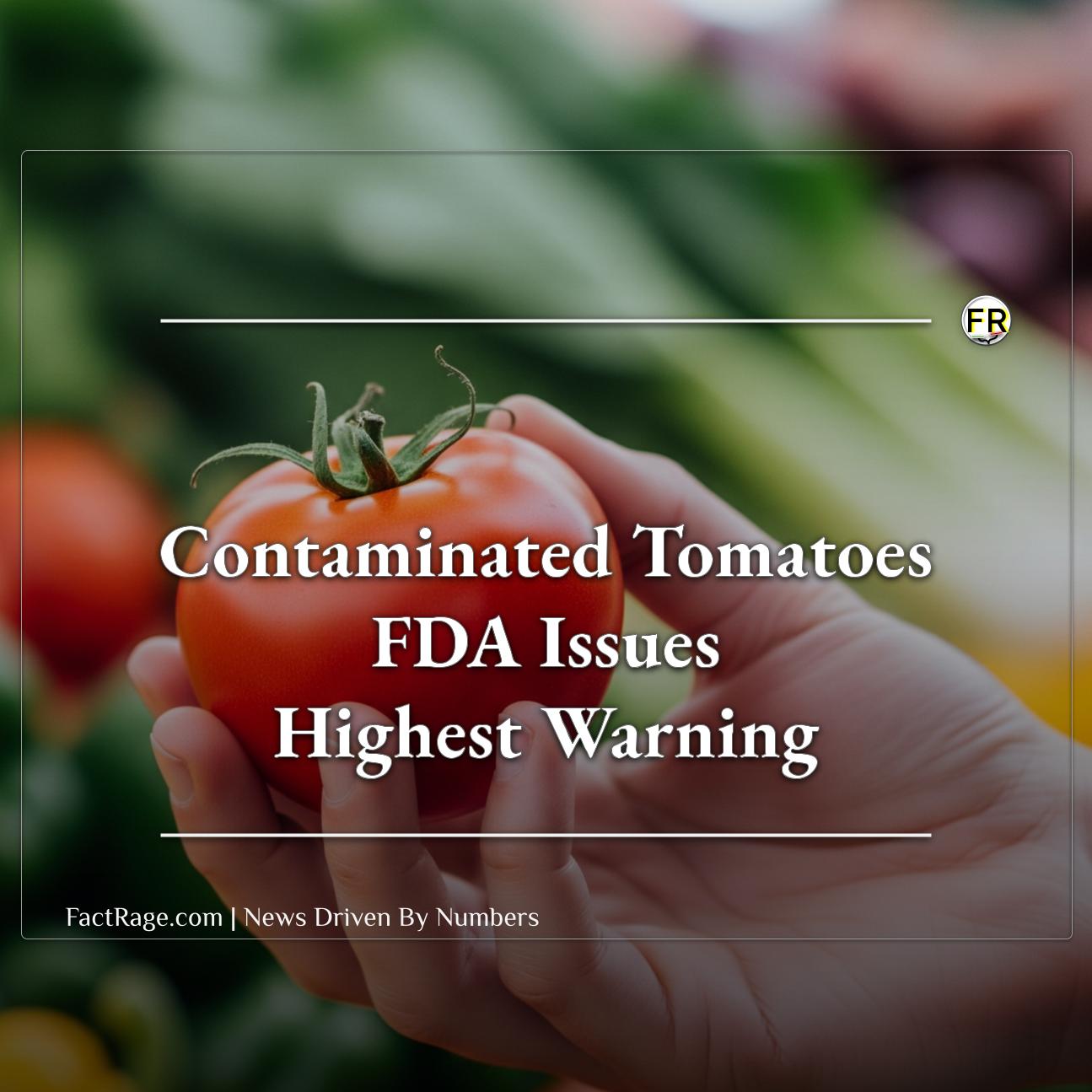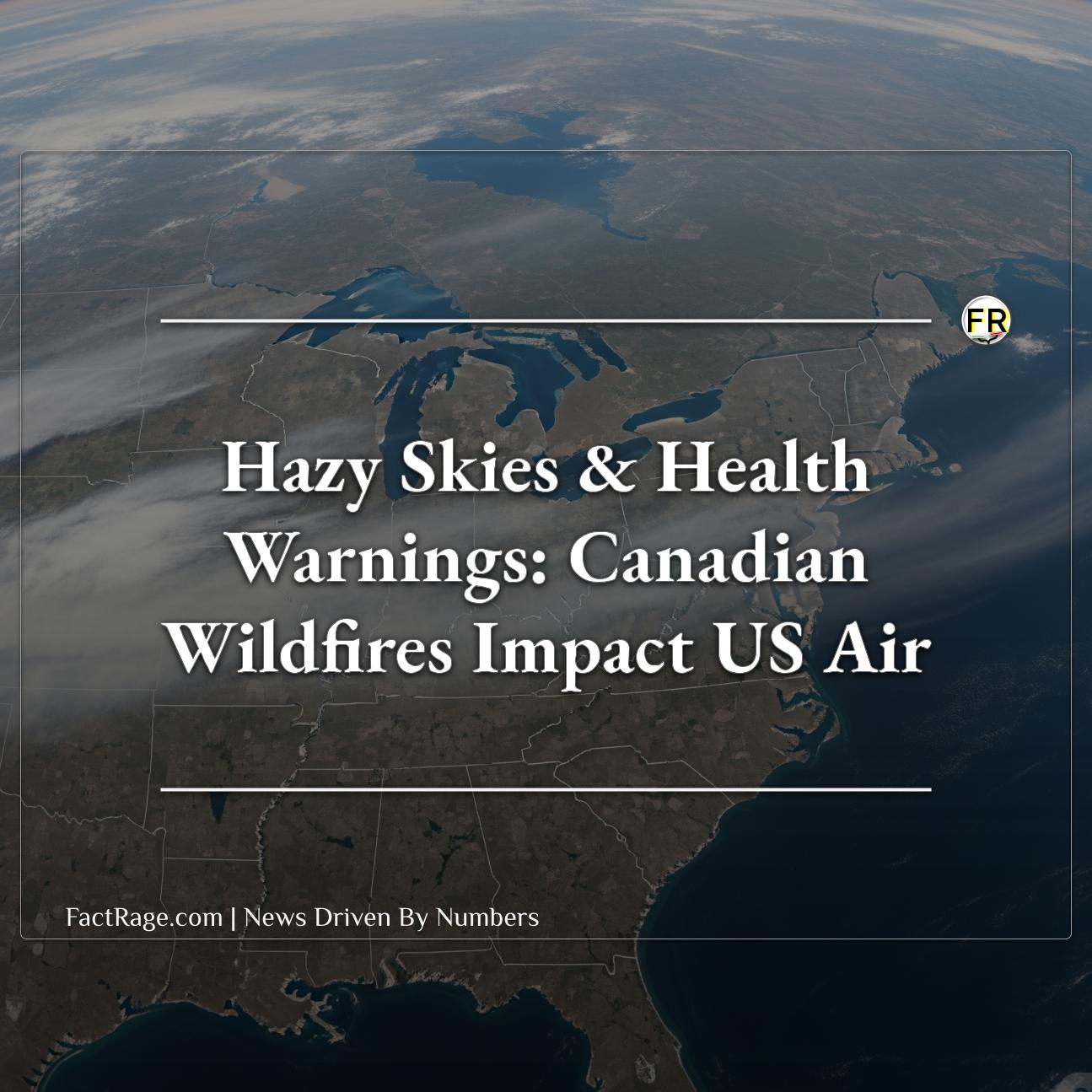NATIONWIDE – The U.S. Food and Drug Administration (FDA) has elevated an ongoing tomato recall to a Class I designation, its highest level of warning, due to a significant risk of Salmonella contamination that could lead to serious adverse health consequences or death. This expanded recall primarily affects tomatoes distributed in the southeastern United States, with a broader impact extending to several Midwestern and Eastern states through an associated recall.
Key Facts:
- Class I Recall: The FDA has upgraded the recall for tomatoes from Williams Farms Repack LLC and H&C Farms to Class I, indicating a reasonable probability of severe health consequences or death from consumption.
- Widespread Distribution: The primary recall affects tomatoes distributed between April 23 and April 28, 2025, to wholesalers and distributors in Georgia, North Carolina, and South Carolina. An associated recall by Ray & Mascari Inc. extends the impact to Illinois, Indiana, Kentucky, Michigan, Missouri, Mississippi, New York, Ohio, Pennsylvania, Tennessee, and Wisconsin.
- Salmonella Risk: The affected tomatoes are suspected of being contaminated with Salmonella, a bacterium that can cause fever, diarrhea, nausea, vomiting, and abdominal pain. While no illnesses have been officially reported in connection with these specific tomato recalls as of early June 2025, the risk remains.
Consumers are urged to exercise caution and check their homes for any potentially affected tomatoes, as Salmonella bacteria can survive for weeks in dry conditions and months in wet or frozen environments, meaning even stored or home-canned tomatoes could pose a risk.
What is a Class I Recall, and Why Is It Serious?

A Class I recall is the most serious type of recall issued by the FDA. It signifies a situation in which there is a reasonable probability that using or being exposed to a violative product will cause serious adverse health consequences or death. This classification underscores the FDA’s concern about the potential severity of illness from consuming these contaminated tomatoes. While initial reports in early May indicated no illnesses, the upgrade to Class I reflects a heightened assessment of the risk involved.
Which Tomatoes Are Affected?
The initial recall, stemming from information provided by Williams Farms Repack LLC, based in Lodge, South Carolina, concerns tomatoes received from H&C Farms. These tomatoes were distributed between April 23 and April 28, 2025, to wholesalers and distributors in Georgia, North Carolina, and South Carolina. They were sold under both the Williams Farms Repack and H&C Farms labels in various packaging configurations, including:
- 5×6, 25lb (lot code R4467)
- 6×6, 25lb (lot codes R4467, R4470)
- Combo, 25lb (lot code R4467)
- 4×4, 2-layer (lot code R4467)
- 4×5, 2-layer (lot code R4467)
- 60-count, 2-layer (lot code R4467)
- 60-count, 18lb loose (lot codes R4467, R4470)
- XL 18lb loose (lot code R4467)
- 3ct trays (lot code R4467, UPC 0 33383 65504 8)
Separately, Ray & Mascari Inc. issued a recall for four-count vine-ripe tomatoes packaged in clamshell containers with lot numbers RM250424 15250B or RM250427 15250B. These tomatoes were distributed to Gordon Food Service Stores in Illinois, Indiana, Kentucky, Michigan, Missouri, Mississippi, New York, Ohio, Pennsylvania, Tennessee, and Wisconsin. Both recalls are believed to be connected to H&C Farms in Florida as a common source.
What Are the Symptoms of Salmonella Infection?

Symptoms of Salmonella infection typically appear 12 to 72 hours after consuming contaminated food and can include fever, diarrhea (which may be bloody), nausea, vomiting, and abdominal cramps. While most healthy individuals recover without specific medical treatment, Salmonella can cause serious and potentially fatal infections in young children, older adults, pregnant women, and individuals with weakened immune systems. In rare cases, the infection can spread to the bloodstream, causing arterial infections, endocarditis, and arthritis.
What Should Consumers Do?
Consumers who have purchased any of the recalled tomatoes are advised not to eat them. Instead, they should immediately dispose of the affected products in a sealed bag to prevent further contamination or return them to the place of purchase for a full refund. It is also recommended to thoroughly clean and sanitize any surfaces or containers that may have come into contact with the recalled tomatoes.
The FDA and state health authorities continue to investigate the exact source of contamination. Consumers experiencing symptoms consistent with Salmonella infection after consuming tomatoes should seek medical attention and report their symptoms to their healthcare provider. This recall highlights the ongoing importance of food safety vigilance for consumers and the food industry alike.









